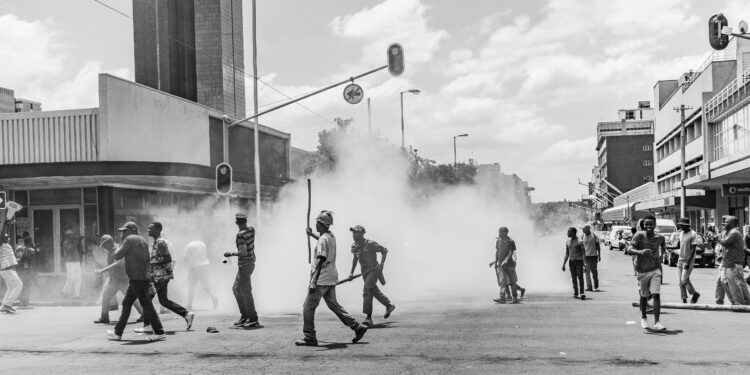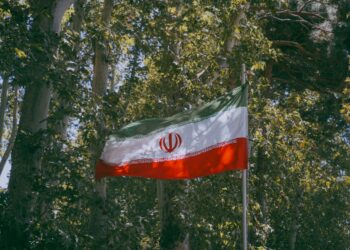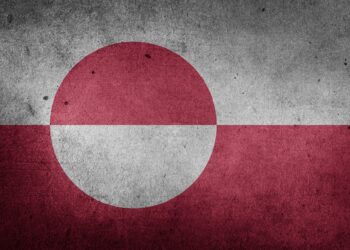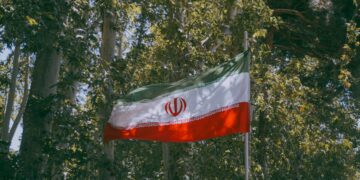Tanzania’s political crisis has escalated dramatically, with the main opposition party, Chadema, claiming that around 700 people have been killed in a violent security crackdown on protests that have entered their third day following a disputed general election.
The staggering death toll, while difficult to verify amid a near-total internet blackout, was given credence by a diplomatic source in Tanzania who told the BBC there was credible evidence of at least 500 fatalities. The claims paint a picture of a nation in turmoil, with protests continuing in Dar es Salaam neighborhoods despite an army curfew and a warning from Army Chief General Jacob John Mkunda, who labeled demonstrators “criminals.”
The government has sought to downplay the violence, but evidence points to a severe humanitarian crisis. A source at a major referral hospital in Dar es Salaam told the BBC the facility was “overwhelmed with casualties” and that morgues at other public hospitals were full. The information vacuum caused by the internet shutdown has made independent verification nearly impossible, stranding tourists and crippling communication.
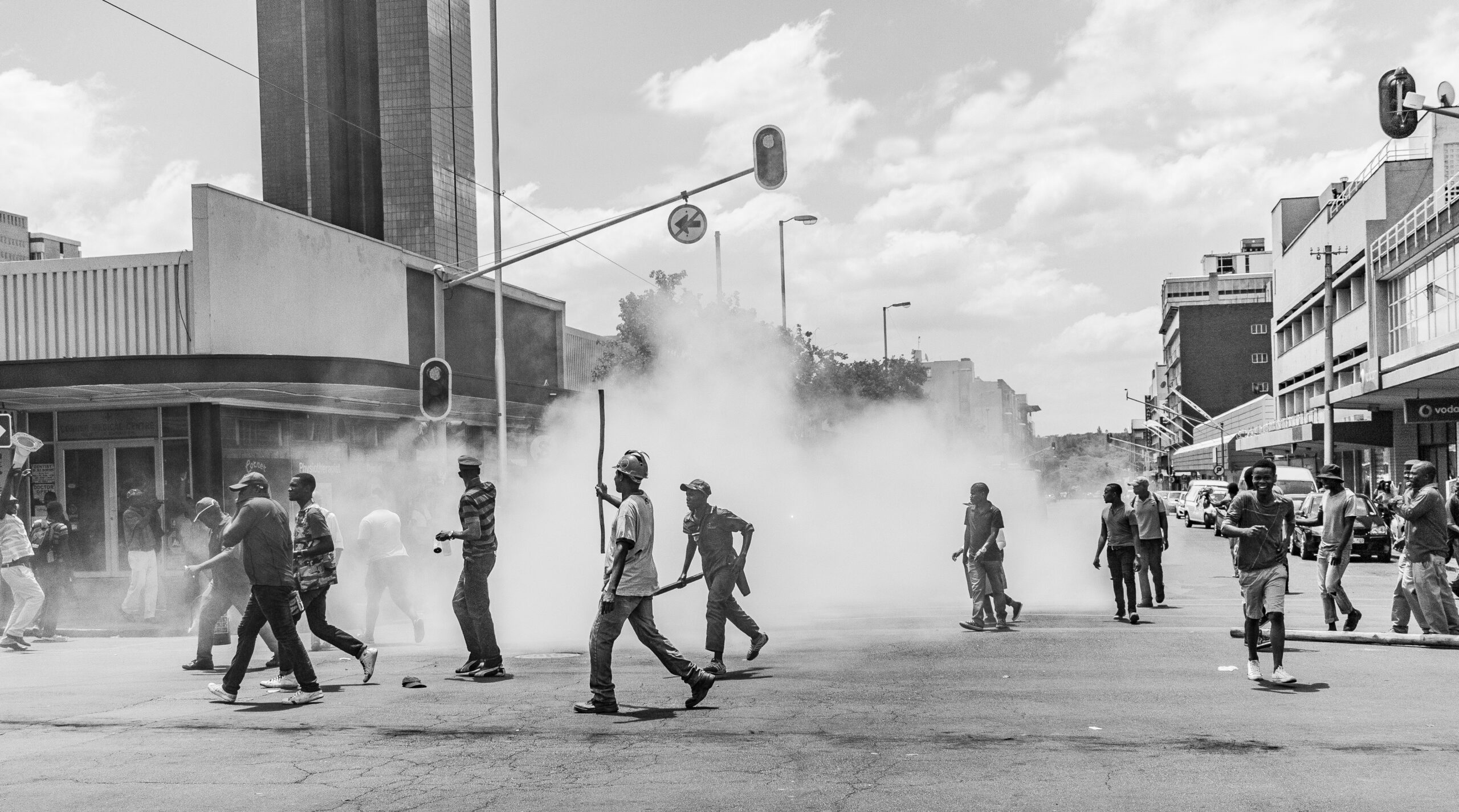
The unrest was triggered by an election that was widely criticized as unfair after key opposition figures were barred from running against President Samia Suluhu Hassan. With the main opposition leader, Tundu Lissu, in jail on treason charges and another serious contender disqualified on technicalities, the poll was expected to be a shoo-in for the ruling CCM party, which has held power since 1961.
International response is growing. The United Nations expressed alarm, citing reports of at least 10 deaths and calling on security forces to “refrain from using unnecessary or disproportionate force.” Meanwhile, ambassadors from several foreign embassies have engaged the Tanzanian government to urge restraint.
Why It Matters
The staggering death toll claimed by the opposition marks a horrifying new chapter for Tanzania. The government’s strategy is clear: a physical crackdown enforced by the military, compounded by an information blackout designed to hide the evidence. By shutting down the internet, the state isn’t just quelling protests; it is attempting to control the narrative and absolve itself of accountability.
The international community’s “alarm” is dangerously inadequate. Referring to hundreds of potential deaths while cautiously citing a figure of “at least 10” risks normalizing a massacre. This is the violent unraveling of a political process that eliminated all credible competition, leaving a frustrated populace with no peaceful outlet.

